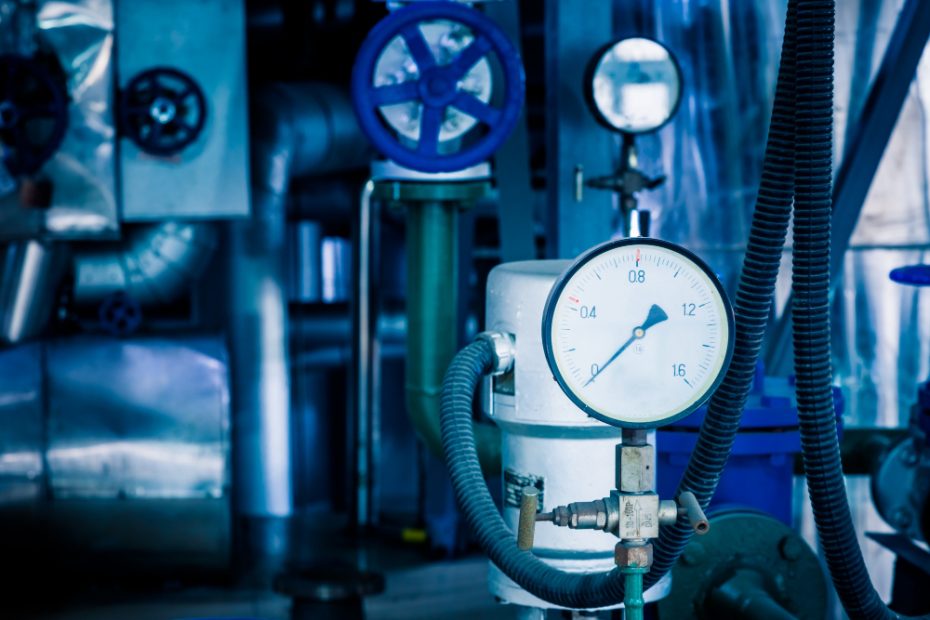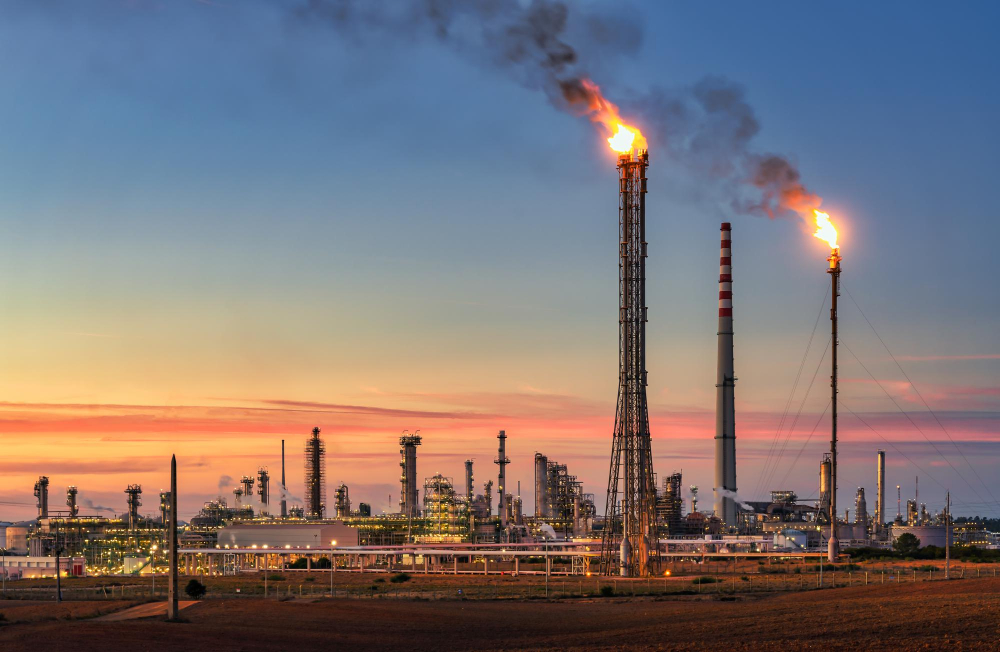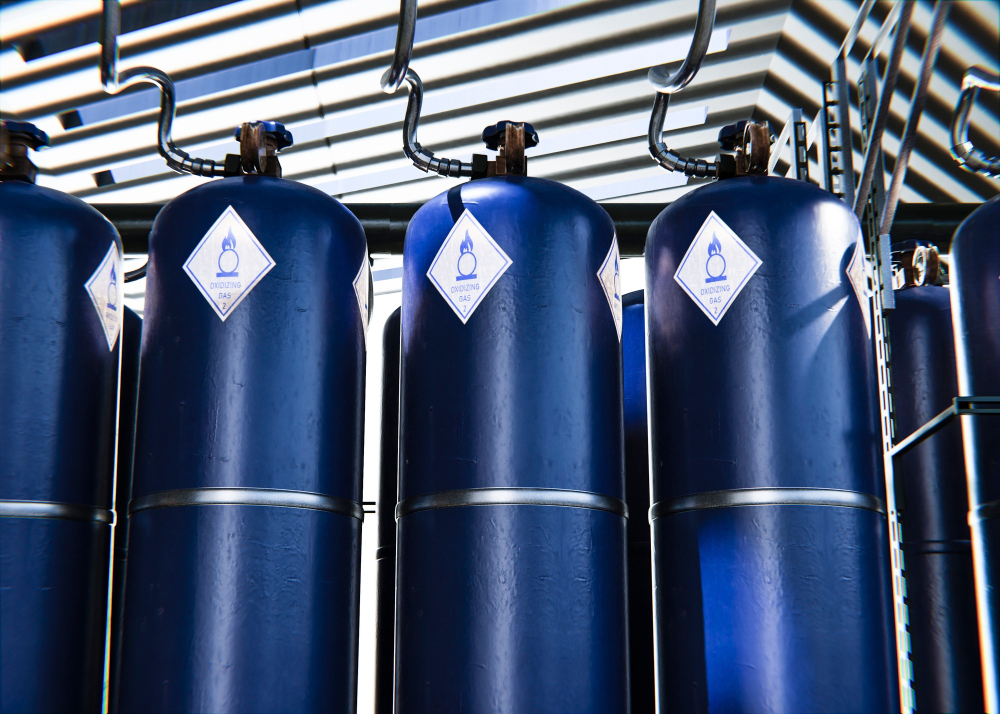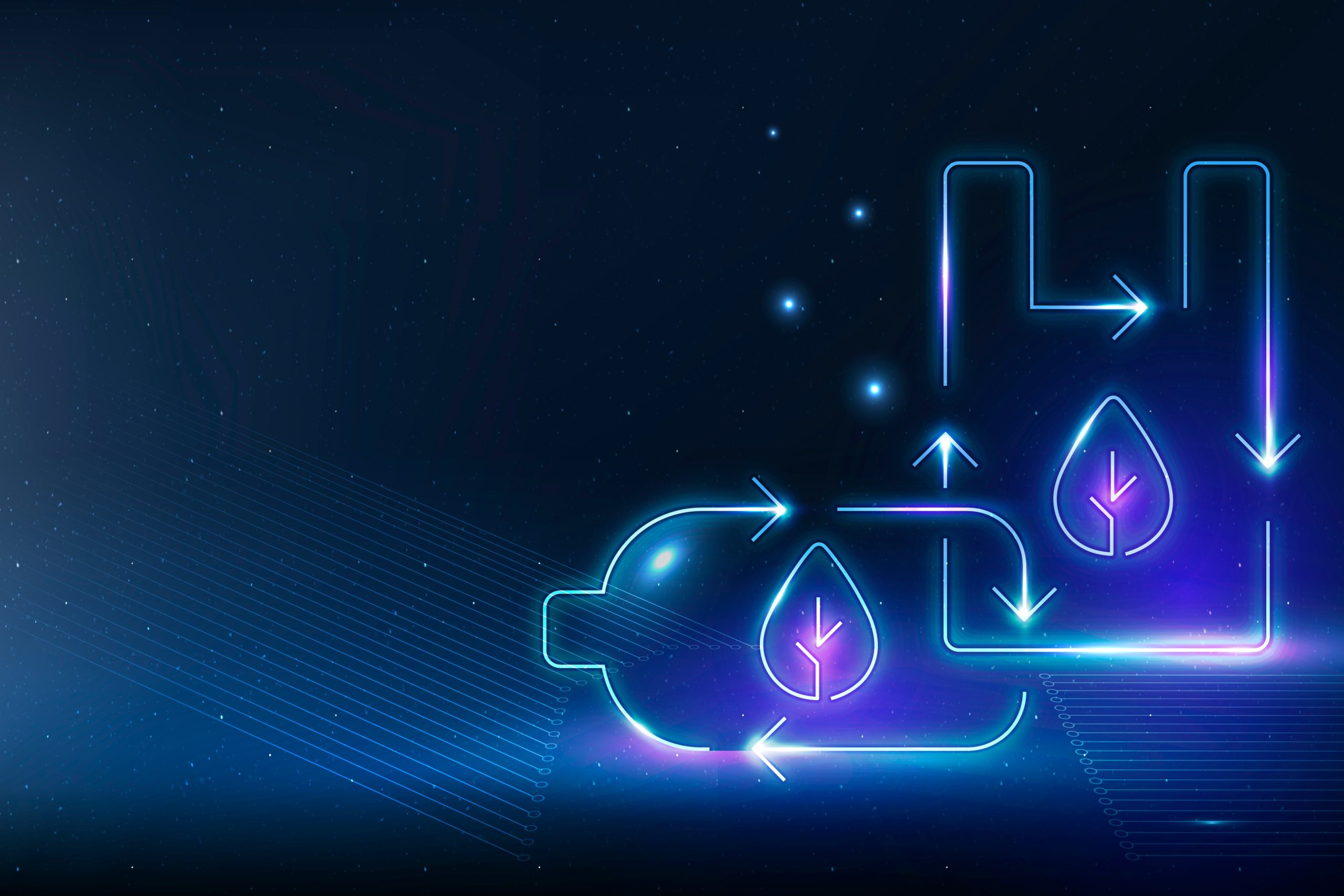Can I run my BBQ on natural gas?
Many people enjoy hosting outdoor gatherings and cooking delicious meals on their barbeques during the summer months. When it comes to fuel options for your BBQ, you may be wondering if it is possible to run it on natural gas. In this article, we will explore the feasibility of using natural gas as a fuel source for your BBQ and discuss the benefits and considerations that come with it.
The feasibility of using natural gas for your BBQ
The short answer is yes, you can run your BBQ on natural gas. Natural gas is a readily available and convenient fuel option that can be used for various appliances, including BBQs. By connecting your BBQ to your home’s natural gas supply, you can eliminate the need for propane tanks and enjoy uninterrupted grilling sessions.
Benefits of running your BBQ on natural gas:
- No need to worry about refilling or replacing propane tanks.
- Continuous fuel supply means no interruptions during cooking.
- Cost-effective in the long run as natural gas prices tend to be lower than propane.
- Environmentally friendly option with fewer emissions compared to other fuels.
Considerations before making the switch:
- Installation: You will need a qualified professional to install a natural gas line for your BBQ if you don’t already have one.
- Location: Ensure that your BBQ is placed in an area with proper ventilation to prevent the accumulation of gas.
- Compatibility: Check if your BBQ is designed to be used with natural gas. Some models may require additional conversion kits.
- Portability: If you like to take your BBQ on camping trips or to different locations, natural gas may not be a practical option.
Installation process and cost
Installing natural gas for your BBQ involves the following steps:
- Hire a qualified professional to assess the feasibility of installing a natural gas line to your BBQ location.
- If feasible, the professional will install the necessary gas pipes and connectors.
- A pressure regulator may be required to ensure safe and proper gas flow.
- Conduct a thorough inspection to ensure that the installation meets safety standards.
The cost of installing a natural gas line for your BBQ can vary depending on factors such as the distance from the main gas supply and any additional equipment needed. It is recommended to get quotes from multiple professionals to compare prices and choose the best option for your budget.
“Using natural gas for your BBQ can provide a convenient and cost-effective grilling experience, but proper installation and safety considerations are essential.”
Is Natural Gas BBQ Better Than Propane?
When it comes to outdoor cooking, many people often wonder which fuel option is better for their BBQ – natural gas or propane. Both fuels have their own advantages and drawbacks, so let’s take a closer look at the differences and help you make an informed decision for your barbecuing needs.
Natural Gas BBQ
One of the key benefits of a natural gas BBQ is the convenience it offers. With a natural gas connection in your outdoor space, you can enjoy uninterrupted cooking without the need for refilling or changing propane tanks. Additionally, natural gas tends to be more cost-effective in the long run as it is typically cheaper than propane.
“Natural gas grills are a great option for those who frequently entertain guests or regularly use their BBQ. The convenience of never worrying about running out of fuel mid-cookout is a game-changer.” – John Doe, BBQ enthusiast
Propane BBQ
A propane BBQ is highly portable and well-suited for those who enjoy picnics, camping trips, or tailgating. Propane tanks are widely available and can be easily replaced when empty. This flexibility makes propane a preferred choice for those who want to take their grill on the go.
“The portability of propane BBQs is a major advantage. I love being able to take my grill to the beach or a park and enjoy a delicious barbecue with friends and family.” – Jane Smith, BBQ lover
Choosing the Right Option for You
Ultimately, the choice between natural gas and propane BBQs depends on your specific needs and preferences. Consider factors such as convenience, cost, portability, and the availability of fuel in your area.
If you have a dedicated outdoor cooking space and want the convenience of never running out of fuel, a natural gas BBQ is a great choice. On the other hand, if you often travel or enjoy cooking in different locations, a portable propane BBQ might be the better option.
Weigh the pros and cons, and make an informed decision that suits your lifestyle and outdoor cooking habits.
Can I use natural gas instead of propane?
When it comes to choosing a fuel source for your home or business, it’s important to consider the benefits and limitations of each option. In the UK, natural gas and propane are two common choices. But can you use natural gas instead of propane? Let’s explore the differences and possibilities.
Understanding Natural Gas and Propane
Both natural gas and propane are fossil fuels commonly used for heating, cooking, and powering appliances. Natural gas is primarily composed of methane, while propane is a byproduct of natural gas processing and petroleum refining. In the UK, natural gas is the most widely used fuel source for domestic and commercial purposes.
Compatibility and Conversion
While natural gas and propane are similar in many ways, they differ in terms of pressure, energy content, and storage requirements. It’s important to note that natural gas is typically supplied to homes and businesses through a network of pipelines, whereas propane is stored in tanks or cylinders.
If your property is connected to a natural gas pipeline, you may need to check if natural gas is readily available in your area. In some cases, it may be necessary to install additional equipment, such as a conversion kit or a compatible burner, to switch from propane to natural gas.
Advantages and Considerations
The decision to use natural gas or propane depends on various factors, including cost, availability, and convenience. Here are some key advantages and considerations:
- Cost: Natural gas generally tends to be cheaper than propane, making it a more cost-effective option for long-term use.
- Availability: Natural gas is readily available for properties connected to the gas grid, while propane may require regular refills or deliveries.
- Convenience: Propane tanks offer portability and can be used in areas without access to natural gas pipelines.
“Using natural gas instead of propane can help you save money on your energy bills while enjoying the convenience of a readily available fuel source.”
Why use natural gas over propane?
Natural gas and propane are both commonly used as fuel sources for various applications. In the UK, natural gas is the more popular choice due to its numerous advantages over propane. Let’s explore why you should consider using natural gas instead:
Cost-Efficiency:
One of the key reasons to opt for natural gas is its cost-efficiency. Natural gas prices in the UK are generally lower compared to propane. This makes it a more economical option for heating homes, powering appliances, and running industrial processes.
Environmental Impact:
When it comes to sustainability, natural gas has a clear advantage over propane. Natural gas produces fewer greenhouse gas emissions, making it a cleaner-burning fuel. By choosing natural gas, you’ll contribute to reducing air pollution and combatting climate change.
Convenience:
Natural gas is a more convenient choice compared to propane. It is delivered to your property through underground pipelines, eliminating the hassle of storing and replacing propane tanks. With natural gas, you have a continuous supply of fuel, ensuring uninterrupted service for heating and cooking.
Versatility:
Another advantage of natural gas is its versatility. It can be used for a wide range of applications including heating, cooking, water heating, and even powering electrical generators. Whether you’re a homeowner, a business owner, or an industrial facility, natural gas offers flexibility in meeting your energy needs.
“Natural gas is a cost-effective and environmentally friendly alternative to propane.”
Comparison:
| Natural Gas | Propane | |
|---|---|---|
| Cost | Lower prices | Higher prices |
| Environmental Impact | Lower emissions | Higher emissions |
| Convenience | Continuous supply, no tank storage | Tank storage required |
| Versatility | Wide range of applications | Limited applications |
In conclusion, natural gas offers a cost-effective, convenient, and environmentally friendly alternative to propane. With its lower prices, lower emissions, continuous supply, and versatility, it’s no wonder that natural gas is the preferred choice for many households, businesses, and industries in the UK.
How long does a natural gas BBQ last?
When it comes to investing in a natural gas BBQ, one of the common questions that arise is how long it will last. The lifespan of a natural gas BBQ can vary depending on a few factors.
The quality of the BBQ
The longevity of a natural gas BBQ largely depends on its quality. Investing in a high-quality BBQ from a reputable brand can significantly extend its lifespan. These BBQs are often built with durable materials, such as stainless steel, that are resistant to rust and corrosion.
Maintenance and care
Proper maintenance and care are essential for prolonging the life of a natural gas BBQ. Regular cleaning after each use, checking for gas leaks, and inspecting and replacing any worn-out parts are important steps to ensure its longevity.
Frequency of use
The frequency of use also plays a role in determining how long a natural gas BBQ will last. If you use your BBQ regularly, it may experience more wear and tear compared to occasional use. However, with proper maintenance and care, even a frequently used natural gas BBQ can last for many years.
Environmental factors
Lastly, environmental factors can also impact the lifespan of a natural gas BBQ. Exposure to harsh weather conditions, such as rain, snow, and extreme temperatures, can contribute to the deterioration of the BBQ over time. To mitigate these effects, it is recommended to use a BBQ cover and store it in a protected area when not in use.
Investing in a high-quality natural gas BBQ, coupled with regular maintenance and care, can extend its lifespan and provide you with many years of delicious barbecued meals.
In conclusion, the lifespan of a natural gas BBQ depends on factors such as its quality, maintenance, frequency of use, and exposure to environmental elements. By taking proper care of your BBQ and addressing any issues promptly, you can ensure it lasts for a long time.
Can you use natural gas BBQ in winter?
When the winter months roll around in the UK, many people might be hesitant to fire up their outdoor BBQ. However, if you have a natural gas BBQ, there’s no need to put your grilling plans on hold. Unlike charcoal or propane BBQs, natural gas BBQs offer several advantages that make them suitable for use even during colder temperatures.
The Benefits of Using a Natural Gas BBQ in Winter
One of the main advantages of using a natural gas BBQ in winter is the uninterrupted fuel supply. Unlike propane tanks that can freeze or run out unexpectedly, natural gas BBQs are connected directly to your home’s gas line. This ensures a continuous and reliable fuel source, allowing you to grill with confidence.
Furthermore, natural gas BBQs typically generate more heat than propane or charcoal options. This means that even in colder weather, your grill will reach and maintain higher temperatures, allowing you to cook food thoroughly and efficiently.
Tips for Using a Natural Gas BBQ in Winter
While using a natural gas BBQ in winter is perfectly feasible, there are a few things to keep in mind:
- Clear the grill from snow and ice: Before each use, make sure to remove any snow or ice that may have accumulated on the grill. This includes clearing the burner ports to ensure proper heat distribution.
- Preheat the grill for longer: In colder temperatures, it may take slightly longer for your natural gas BBQ to reach the desired temperature. Allow some extra time for preheating to ensure optimal results.
- Consider wind protection: Cold winds can affect the performance of your grill, so try to position it in a location that provides some protection against gusts. You can also create a windbreak using temporary barriers.
- Insulate your grill: To retain heat and increase efficiency, consider using an insulating blanket or cover specifically designed for natural gas BBQs in winter weather.
Did you know? Natural gas BBQs are not only suitable for winter use but are also more environmentally friendly than charcoal or propane alternatives. They produce fewer emissions and contribute to lower carbon footprints.
As long as you take the necessary precautions and follow these tips, you can enjoy the convenience and versatility of your natural gas BBQ year-round, even on chilly winter days. So, don’t let the cold weather stop you from savoring those delicious grilled dishes!
Conclusion
In summary, whether you can use natural gas instead of propane depends on factors such as availability, compatibility, and cost. If you have access to a natural gas pipeline, it may be worth considering the advantages of using natural gas as a more cost-effective and convenient fuel source. However, if you rely on propane and it meets your needs, there may not be a need for a switch. Consulting with a professional installer or contacting your local utility provider is advisable to determine the best option for your specific situation.



